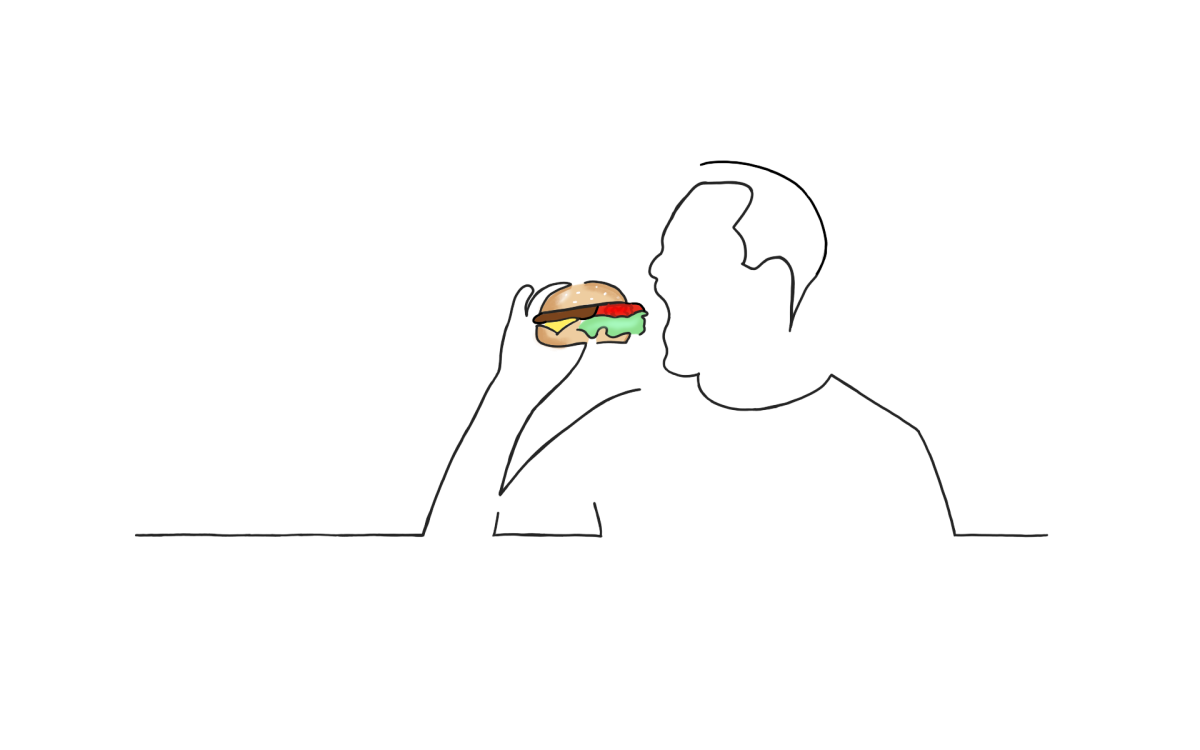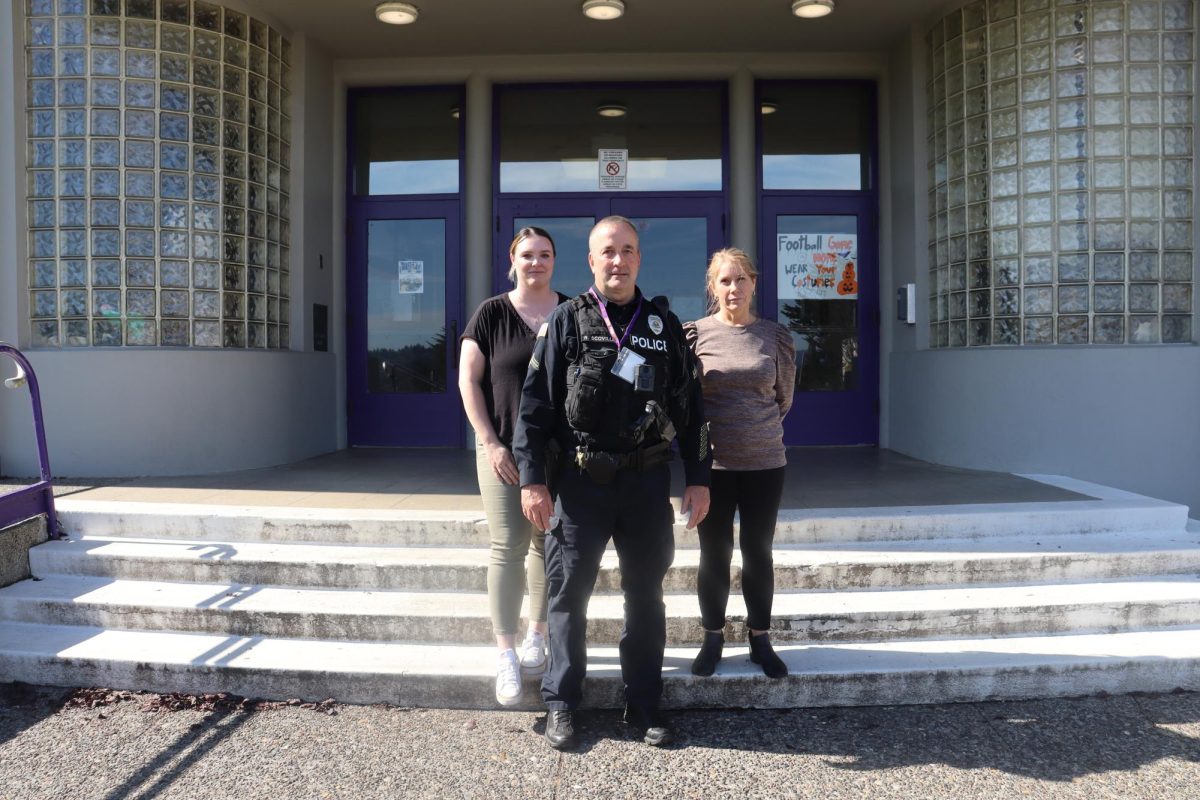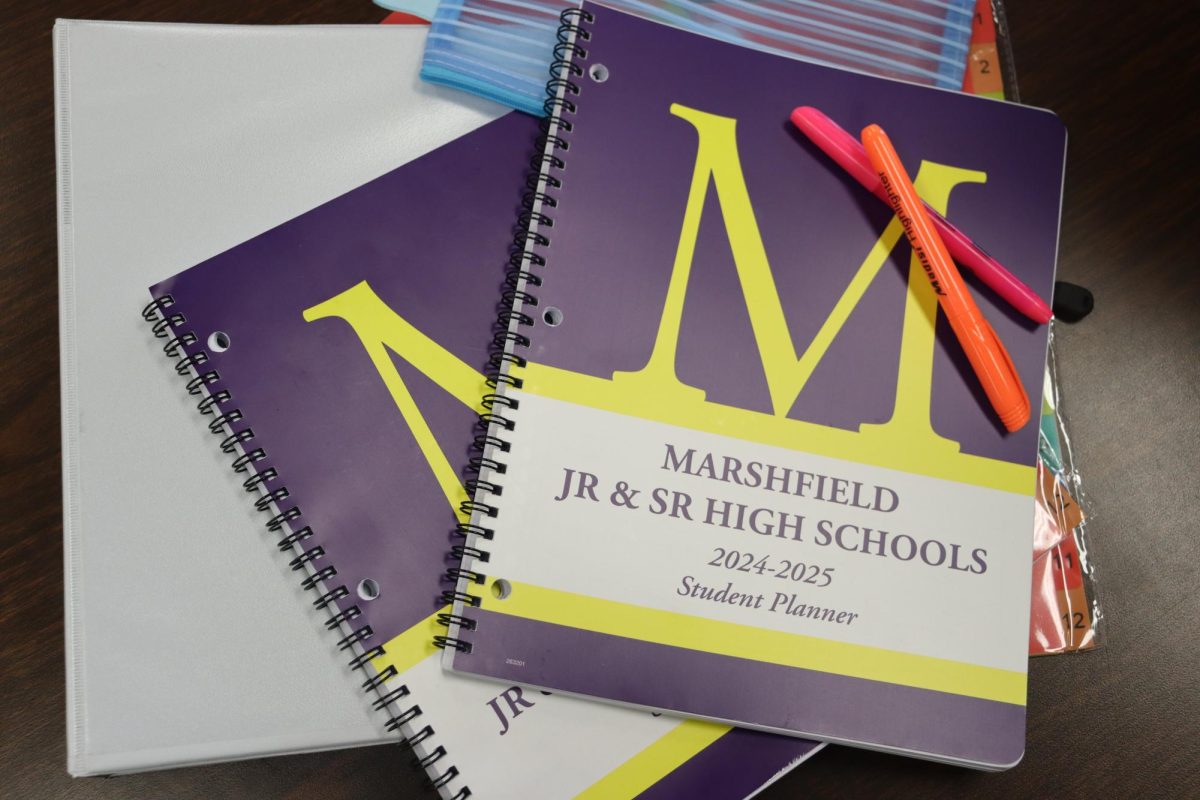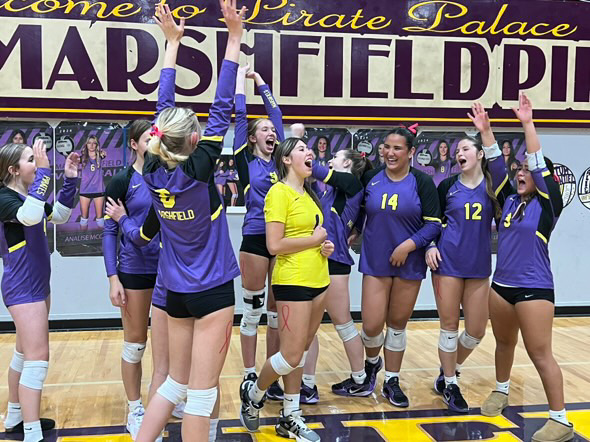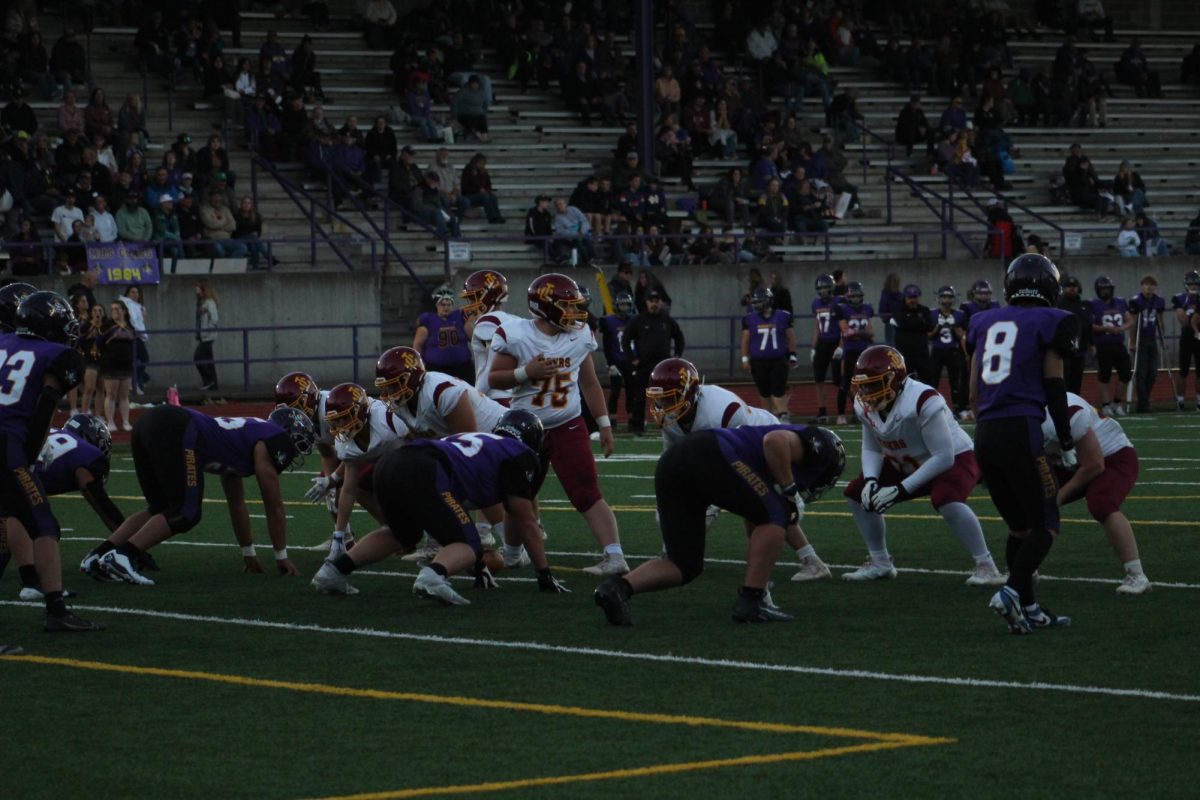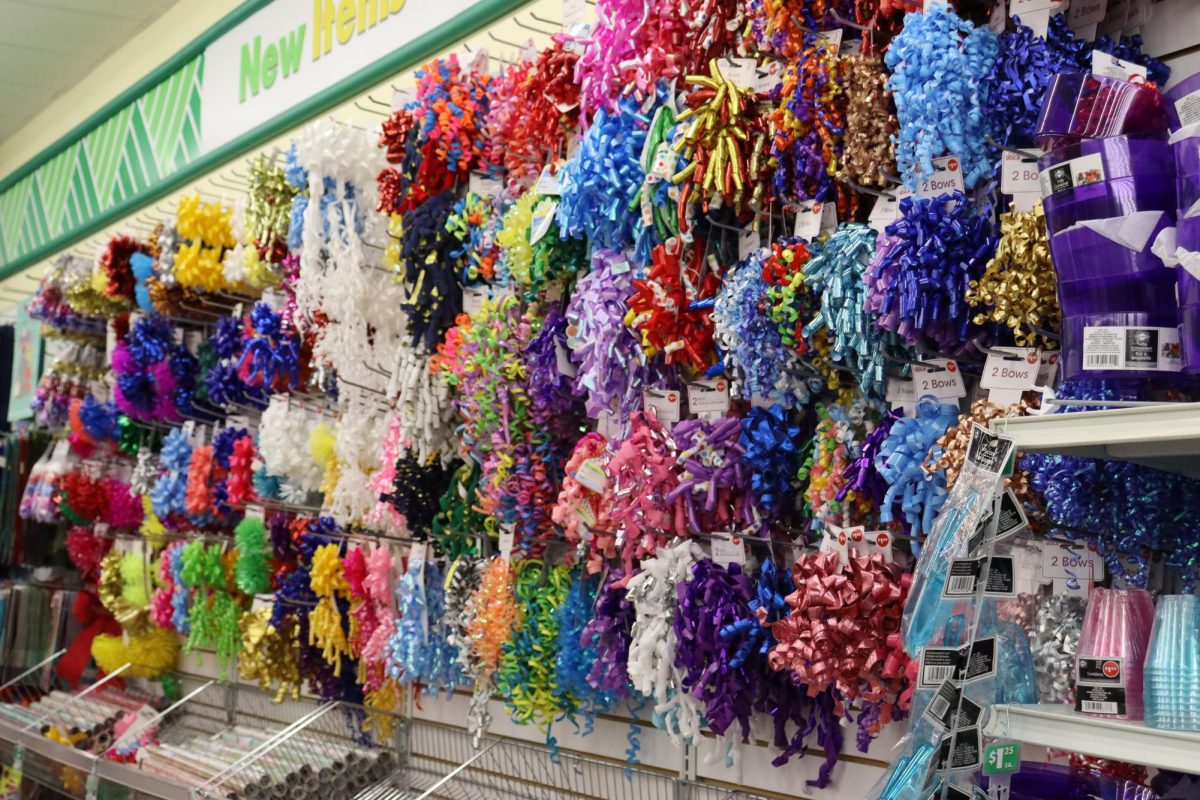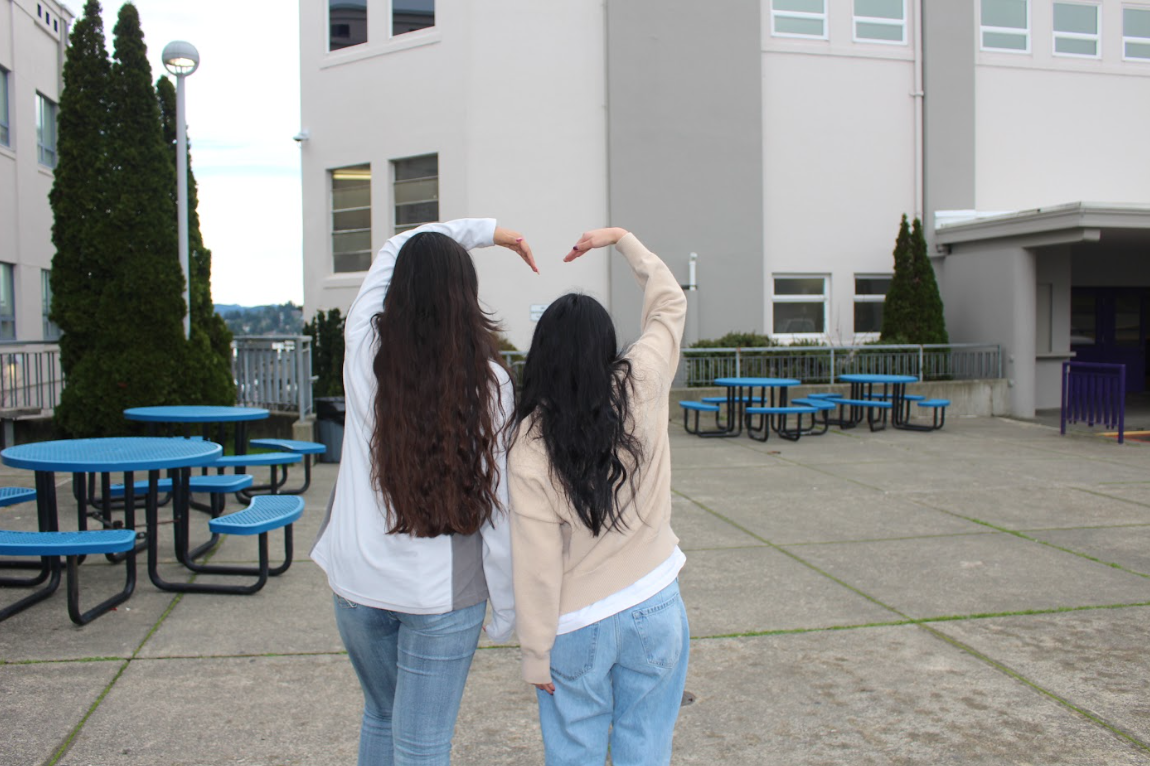Romantic comedies, or rom-coms, are a cornerstone of the film industry. They blend the light-hearted whimsy of comedic situations with the intense emotional connections of romantic endeavors. This combination is what draws viewers in.
For instance, take the way characters are portrayed. The leads are often endearing, relatable, and flawed in ways that make them human. Their chemistry is a core element that can make or break a rom-com. It’s this connection that keeps their journey interesting.
Then there’s the story line. Rom-coms usually follow a predictable, yet comforting storyline where boy meets girl, obstacles are faced, characters overcome them, then end up together. But it’s the journey, filled with humor, emotion, and those sweet moments of love that keep us hooked.
“When I watch rom-coms, I see lots of diversity but don’t usually think about it when watching,” said Marshfield High School sophomore Mallory Edd. “They have aged well because knowing that you can expect a happy ending is calming. It is a thing of comfort many people enjoy.”
Edd’s favorite rom-com is “My Big Fat Greek Wedding” because she feels like the characters are so likable and in love. It also has a funny storyline.
Predominantly romantic comedies depict idealized or exaggerated versions of relationships; but occasionally, romantic comedies may provide a semblance of real-life love. These reflect the complexities and nuances of genuine human interactions.
“Whenever I’m watching a romantic comedy, I feel like most of the time they portray relationships falsely,” said MHS junior Holden Welsh. “The comedy tropes can be cliché sometimes and it just feels like you’re watching the same thing but with different actors portraying characters.”
Over time, the romantic comedy genre has seen significant evolution. Traditionally, these movies focused on heterosexual couples, often with the characters being of the same race and economic background. Now, there’s a greater variety of storylines. For instance, there’s increased representation of LGBTQIA+ relationships and characters. Interracial couples and characters from different socioeconomic backgrounds are seen more often.
Moreover, there’s a move towards showcasing strong, independent characters who defy traditional gender roles. Instead of a woman waiting to be saved by her charming prince, there’s more stories where women are saving others, or where they’re perfectly content being single.
“I’m glad that romantic comedies have shown progress in embracing diversity and representing a wider range of relationships and identities,” Welsh added. “Although there is still room for improvement, the industry has made strides in becoming more inclusive.”
However, it’s worth noting that while there has been progress, there’s still a long way to go. The representation in romantic comedies doesn’t fully reflect the diversity and complexity of real-life relationships and identities. Regardless, they dependably provide a world where love conquers all.


